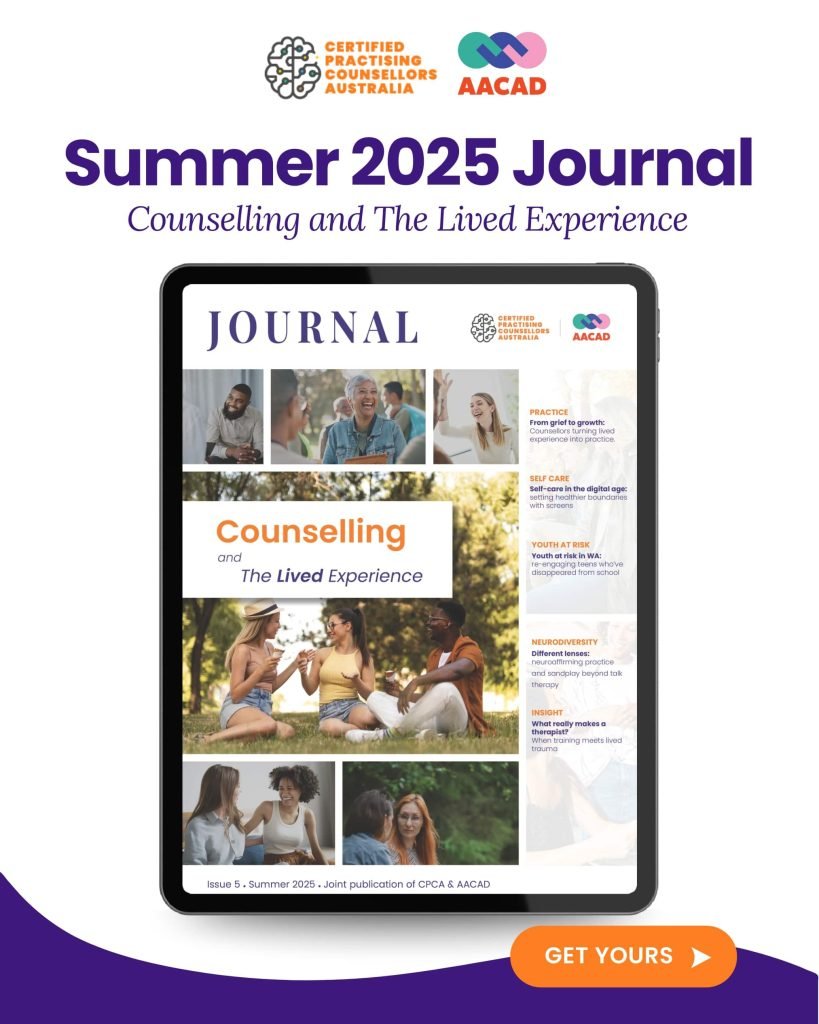In the field of counselling, professionals are often called upon to guide individuals through challenging decisions, emotional struggles, and complex life situations. A key part of this guidance involves understanding the difference between giving advice and offering recommendations. While these terms may appear similar, they reflect fundamentally different approaches to client support—and knowing how to distinguish them is essential for effective, ethical counselling.
In this article, we explore the important distinctions between advice and recommendations, their respective roles in therapy, and how counsellors can use each appropriately to support client empowerment and growth.
What Is Advice in Counselling?
Advice in counselling refers to a more directive approach, where the counsellor offers a specific opinion or solution based on their own knowledge or experience. It often sounds like, “You should start exercising to manage your anxiety,” or “I think you need to cut ties with those friends.”
While well-intentioned, advice can carry unintended consequences. It may impose the counsellor’s personal values or assumptions on the client, creating a power imbalance. Clients may feel judged, pressured, or disconnected, which can hinder the therapeutic relationship.
Furthermore, advice that seems appropriate on the surface might not align with a client’s unique values, limitations, or context. For example, suggesting exercise to manage anxiety may be ineffective—or even discouraging—for someone with physical limitations or a lack of motivation.
The Role of Recommendations in Counselling
Recommendations, by contrast, are non-directive and collaborative. They offer informed suggestions or options without prescribing a specific course of action. A counsellor might say, “You might find it helpful to try strategies like mindfulness, journaling, or gentle physical activity to manage anxiety. We can explore what feels right for you.”
This approach respects the client’s autonomy and encourages active participation in the decision-making process. Recommendations are grounded in the counsellor’s expertise, but they support the client in exploring options that align with their values and circumstances. This creates a more balanced, empowering dynamic where the client maintains control over their journey.
Key Differences Between Advice and Recommendations
1. Directive vs. Collaborative
- Advice is directive and tells the client what to do.
- Recommendations offer possibilities and encourage shared exploration.
2. Imposing vs. Empowering
- Advice can feel like an imposition, potentially undermining the client’s sense of control.
- Recommendations empower clients to make informed, self-directed choices.
3. Potential for Disconnection
- Advice may create disconnection or dependency, especially if it doesn’t resonate with the client.
- Recommendations foster collaboration and respect for the client’s lived experience.
4. Expertise vs. Partnership
- Advice centers the counsellor as the expert with the answers.
- Recommendations position the counsellor as a partner in the client’s self-discovery.
5. Rigidity vs. Flexibility
- Advice may suggest there is one “right” solution.
- Recommendations acknowledge that different strategies may work for different people and offer room for adaptability.
When Is Giving Advice Appropriate in Counselling?
While counsellors are generally encouraged to avoid overly directive approaches, advice can be appropriate in certain contexts, including:
- When the client explicitly asks for it – Some clients may request clear guidance, especially in areas like career planning, stress management, or practical problem-solving.
- When the client feels stuck or overwhelmed – Providing gentle direction may help initiate action, especially if the client lacks clarity or motivation.
- When evidence-based strategies apply – In cases where certain techniques (e.g., breathing exercises for panic attacks) are proven to be effective, offering advice may be helpful and welcomed.
In such cases, advice should still be given collaboratively, with sensitivity to the client’s values and preferences.
When Are Recommendations More Effective?
In most counselling scenarios, recommendations are the preferred approach. They are particularly effective when:
- Client autonomy is a priority – Empowering clients to take ownership of their choices fosters long-term growth and confidence.
- The client’s situation is nuanced or personal – Offering a variety of strategies allows for tailored support in complex or emotionally sensitive contexts.
- There is no clear or universal solution – In many therapeutic cases, the “right” answer is subjective and must be discovered by the client through exploration.
Why the Distinction Matters in Counselling
Understanding the difference between advice and recommendations is critical for building a strong therapeutic alliance. While advice may sometimes be helpful, it can unintentionally shift the focus away from the client’s unique needs and toward the counsellor’s agenda.
On the other hand, recommendations promote client-centered therapy—an approach that respects individuality, supports independence, and strengthens self-efficacy. When clients feel heard, validated, and free to make their own decisions, they are more likely to experience meaningful and lasting change.
Conclusion
The distinction between giving advice and offering recommendations is a vital aspect of effective counselling. Advice, while occasionally appropriate, can limit client autonomy if used excessively or inappropriately. Recommendations, however, empower clients to explore strategies and solutions that resonate with their personal experiences and goals.
By prioritising recommendation-based counselling, therapists create a more respectful, collaborative, and empowering environment—where clients are supported in making their own informed choices. The ultimate aim of counselling is not to dictate outcomes but to guide clients toward discovering their own inner wisdom and resilience.



